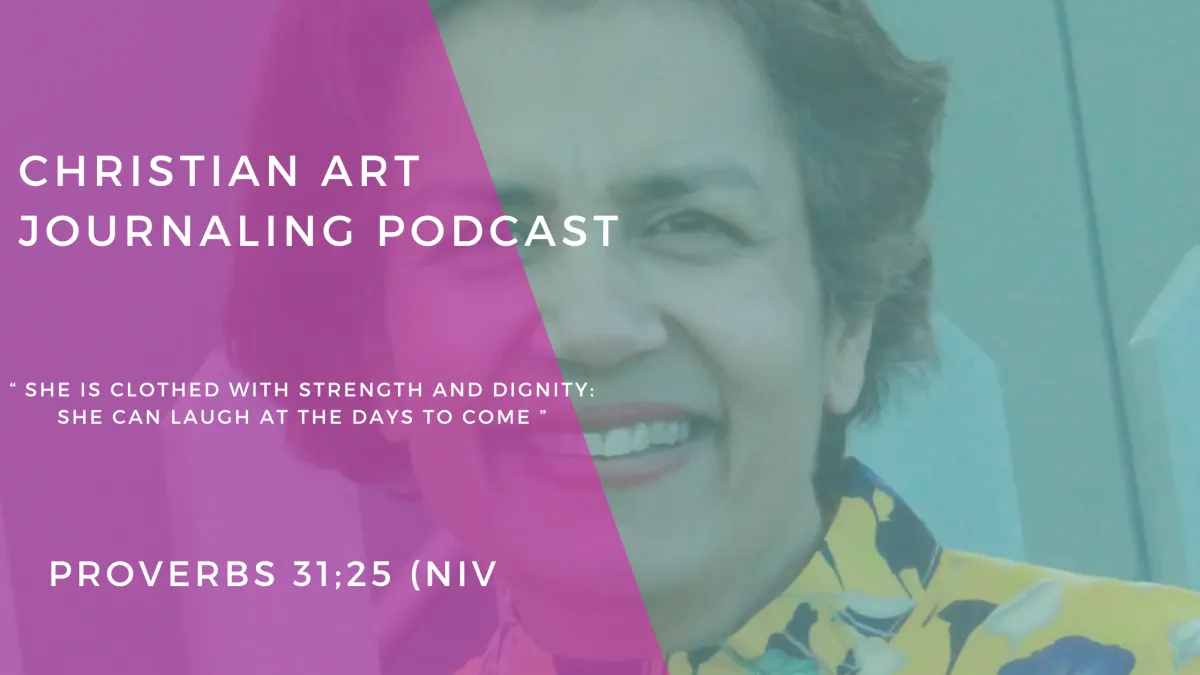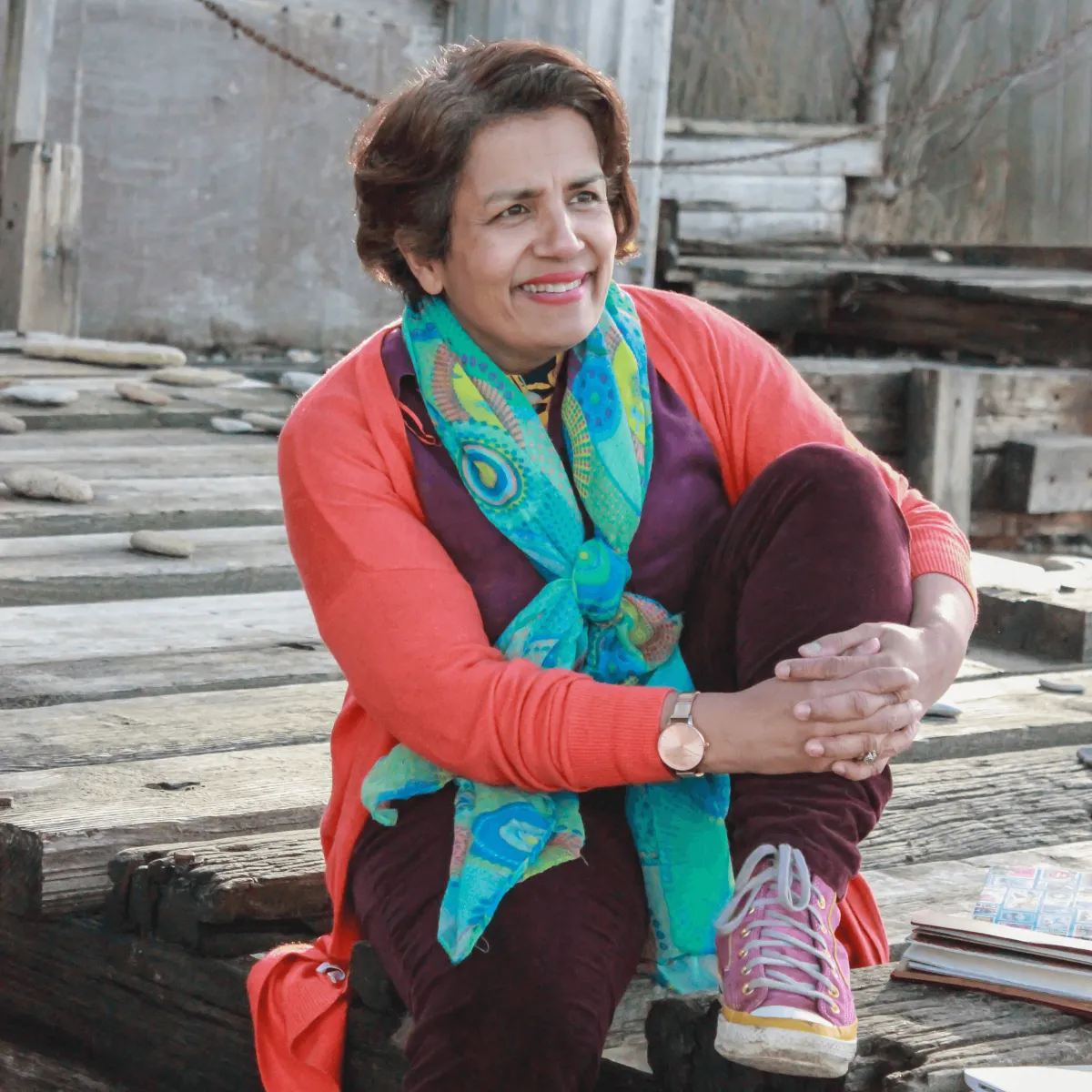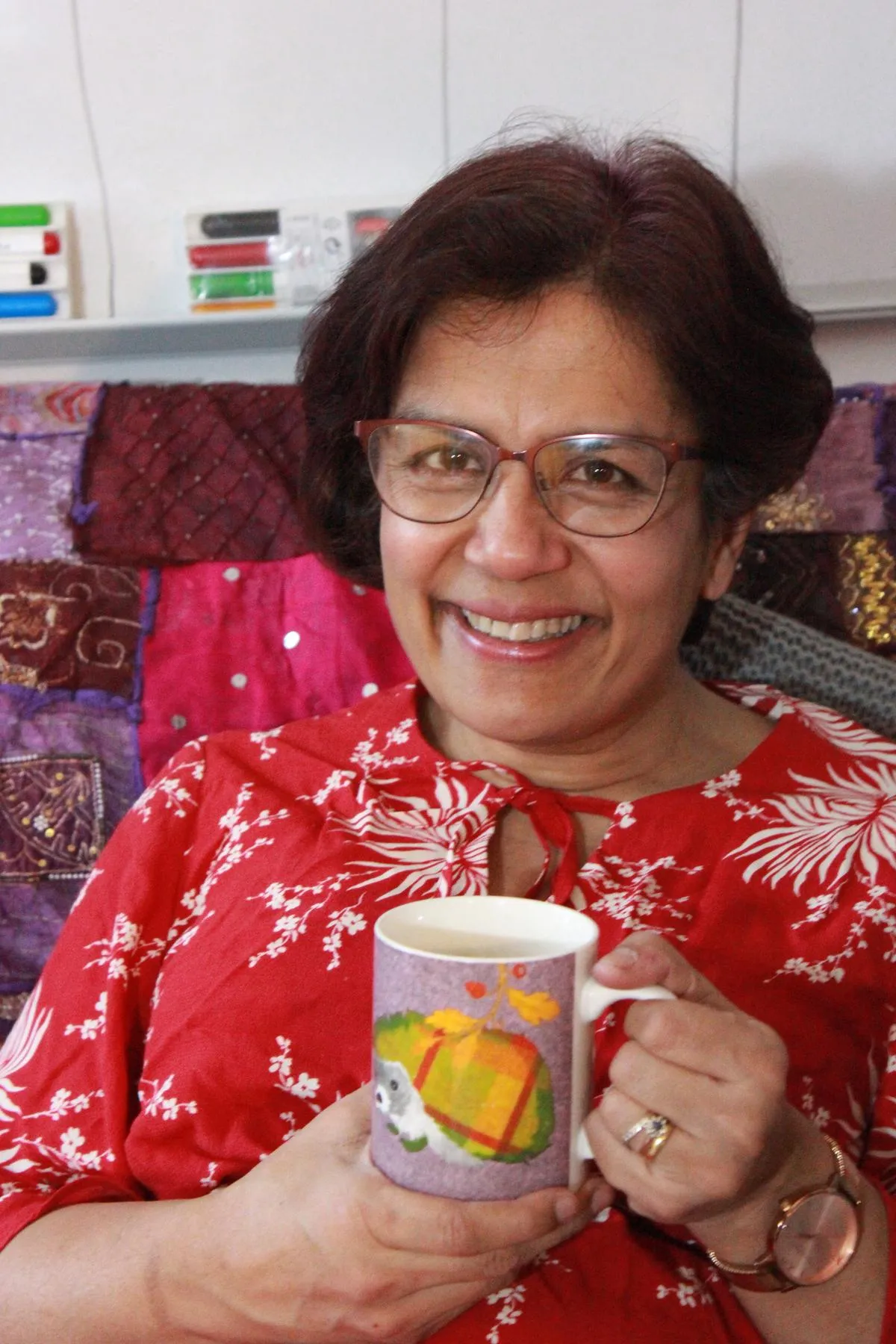OUR BLOG


Understanding Neurodivergence: DLD, Autism, and ADHD
Creating an inclusive, supportive environment for children with diverse communication needs is essential for helping them thrive. By understanding different types of neurodivergence—specifically Developmental Language Disorder (DLD), Autism, and ADHD—we can better empower each child’s unique strengths. This guide provides an overview of each, including a comparison table and practical tips.
A Personal Approach to Assessments
As a speech-language therapist, I’ve found it helpful to send a personal profile to parents and schools before starting assessments with each child. This brief introduction helps children know who I am and what to expect, which can make a big difference for children with DLD, Autism, or ADHD. For these children, unfamiliar people and tasks can be challenging, and knowing a little bit about me before we meet helps them feel more comfortable and confident during assessments. Establishing this trust is essential in creating a productive and positive experience.
Here is a link to my profile in case you want to create something similar : Beverley Jessup

What is Neurodivergence?
Neurodivergence is a broad term used to describe the many ways in which brains can function and process information. Neurodivergent children often have unique strengths and perspectives and may approach learning, thinking, and social interactions differently from their neurotypical peers. Here, we’ll explore three specific types of neurodivergence: DLD, Autism, and ADHD.
Comparing DLD, Autism, and ADHD


Supporting Children with DLD, Autism, and ADHD
Tips for Supporting Children with Developmental Language Disorder (DLD)
1. Simplify Language: Use short, clear sentences and repeat important information. Visual aids can support understanding.
2. Provide Extra Processing Time: Allow children to process and respond at their own pace. Avoid rushing them.
3. Use Visual Supports: Visual aids like pictures, charts, and flashcards help reinforce language and meaning.
4. Encourage Nonverbal Communication: Gestures, pictures, or drawing can help children express themselves if they're struggling to find words.
5. Collaborate with Speech Therapists: Speech therapists can provide targeted exercises and recommendations that educators and parents can reinforce.
Tips for Supporting Children with Autism Spectrum Disorder (ASD)
1. Create a Predictable Environment: Consistent routines and clear expectations help reduce anxiety and build trust.
2. Support Sensory Needs: Be mindful of sensory sensitivities; provide quiet spaces or sensory tools like fidget toys or headphones.
3. Encourage Communication in Their Preferred Mode: Some children with autism communicate better through pictures, written words, or even typing.
4. Teach Social Skills Explicitly: Use role-play and social stories to help children learn social cues and appropriate responses.
5. Celebrate Their Interests: Many children with autism have intense interests; incorporating these into lessons can make learning more engaging.
.Tips for Supporting Children with ADHD
1. Break Tasks into Manageable Steps: Short, structured tasks with clear deadlines work better than long, open-ended activities.
2. Provide Physical Outlets: Allow children to move frequently, whether through brain breaks, fidget tools, or movement-based activities.
3. Use Positive Reinforcement: Praise for accomplishments and effort goes a long way in boosting confidence and motivation.
4. Limit Distractions: Keep the workspace free of distractions and seat children with ADHD away from high-traffic areas.
5.Encourage Organization Tools: Planners, checklists, and timers can help children with ADHD structure their tasks and stay focused.
Understanding Each Child’s Unique Needs
No two children are alike, and even within these specific types of neurodivergence, each child has individual strengths and needs. Working together—parents, educators, and therapists—creates an environment where all children feel valued and capable of reaching their full potential.
Neurodivergent children bring unique gifts to our communities, and through understanding and support, we create a world that celebrates these differences.
Ready to Empower Confident Communication?
If you're looking for expert support, innovative resources, and a community that understands the challenges of fostering clear communication, join the Communicrew Collective! From ready-to-use digital tools and interactive games to on-demand trainings and live Q&A sessions, the Collective equips you with everything you need to make a lasting impact on children’s speech, language, and communication skills.
Turn communication challenges into confident conversations! Join the Communicrew Collective today and start making a difference with resources designed just for you.

Hi there, I'm Bev Jessup

Bev was brought up in a Catholic home, where her parents instilled in her a deep faith and reverence for God. Growing up, she attended church regularly and participated in various religious activities. However, when she went to university, her world was turned upside down. Her friends started talking about having a personal relationship with Jesus, and Bev was confused. She had never heard of such a thing, and she didn't know what it meant.
Determined to find answers, Bev began to explore the Christian faith further. She read books, attended Bible studies, and talked to her friends about their experiences. Eventually, she came to understand what it meant to have a personal relationship with Jesus, and she made a commitment to follow Him.
This decision changed Bev's life forever. She experienced a sense of peace and purpose that she had never felt before. She began to see the world through a new lens, one that was filled with hope and joy.
As she continued to grow in her faith, Bev met her future husband at university, and they fell in love. They got married in 1992 and started a family. Bev and her husband have three adorable sons, whom they love and cherish.

Today, Bev and her family live on the Isle of Wight in the UK. She spends her days painting, journaling, spending time with family, walking, and traveling. But above all else, she continues to follow Jesus and share His love with those around her.
Bev's story is one of courage and determination. Despite the confusion and uncertainty she faced, she never gave up on her search for truth. And when she found it, she embraced it with all her heart. Her commitment to Jesus has transformed her life and the lives of those around her.
My mission is to empower women to embrace their creativity and use it as a tool for spiritual and personal growth. Through my work, I aim to inspire women to discover their true potential and overcome any challenges they may face on their journey.
PRIVACY POLICY TERMS OF SERVICES CONTACT US



